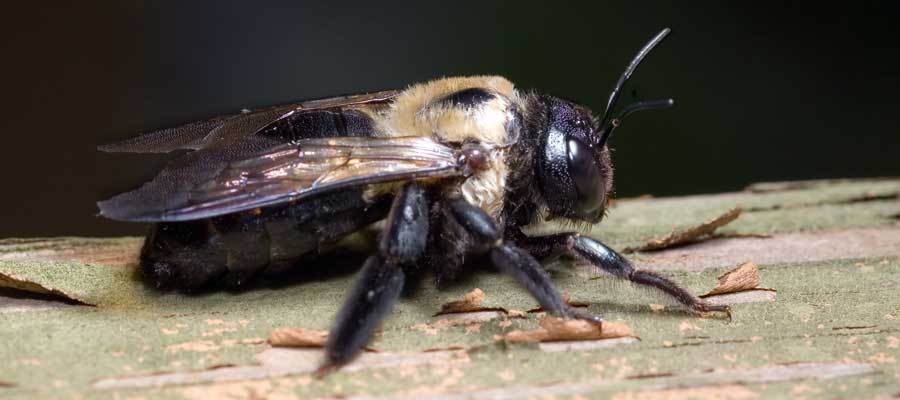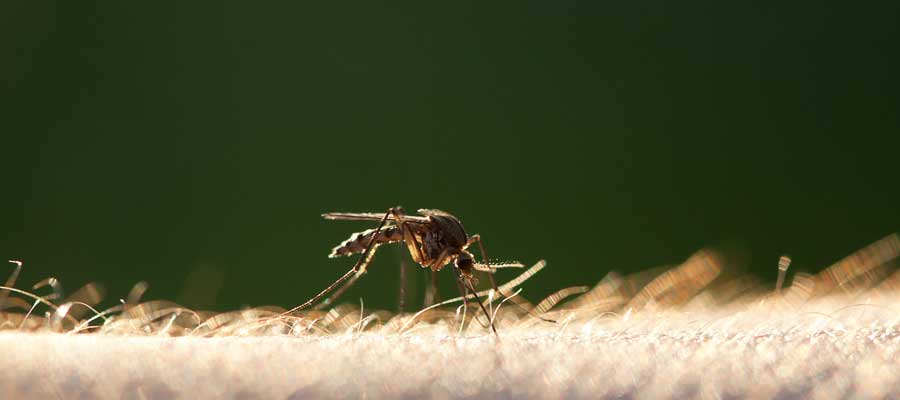 If you’ve ever been stung or chased by a wasp or bee, it’s easy to understand why you may be wary of all bees. Unlike yellowjackets, carpenter bees are reluctant to sting. In fact, stings only occur when a female carpenter bee is directly threatened or provoked. The biggest concern with carpenter bees is not their sting—it’s their wood-boring abilities! Overall, carpenter bees are not concerned with humans so much as they are mating and protecting their nests.
If you’ve ever been stung or chased by a wasp or bee, it’s easy to understand why you may be wary of all bees. Unlike yellowjackets, carpenter bees are reluctant to sting. In fact, stings only occur when a female carpenter bee is directly threatened or provoked. The biggest concern with carpenter bees is not their sting—it’s their wood-boring abilities! Overall, carpenter bees are not concerned with humans so much as they are mating and protecting their nests.
At Rentokil, formerly Oliver Exterminating, we know that stinging insects of any kind are concerning. Our bee control experts are here to share all you need to know about the dangers of carpenter bees in Puerto Rico.
The Dangers of Carpenter Bees
A common fear with carpenter bees is their wood-boring abilities. Carpenter bees tunnel through wood to lay their eggs. However, carpenter bee damage is minuscule compared to that done by carpenter ants or termites. Only when there are dozens of carpenter bees working away for a long period of time would you begin to see the damage of their activity. This is often seen in window sills, porches, roofs, and railings.
The beneficial qualities of carpenter bees far outweigh any dangers they pose. As pollinators, these bees sustain themselves on nectar and pollinate plants as they go.
Are Carpenter Bees Stinging Insects?
While rare, carpenter bees will sting when provoked or threatened. However, male carpenter bees don’t even possess a stinger, making the chances of a sting even lower. Typically, the females are hard at work excavating chambers for their brood. Male carpenter bees are territorial and tend to appear aggressive and dangerous, but this is just for show. The males spend a lot of time hovering near their nest to protect it. Their sole purpose is to mate and chase off predators, allowing females to safely rear offspring. The only time female carpenter bees will sting is when majorly threatened, handled, stepped on, swatted at, etc. More often than not, these bees are too busy mating and working to attack humans.
Carpenter Bee Control in Puerto Rico
If you are noticing an increase in carpenter bee activity near your property or want more information, the experts at Rentokil, form can help. Our bee control experts will walk you through how to stay safe from stinging insects all year long. Contact us today to get started!
 Are there
Are there